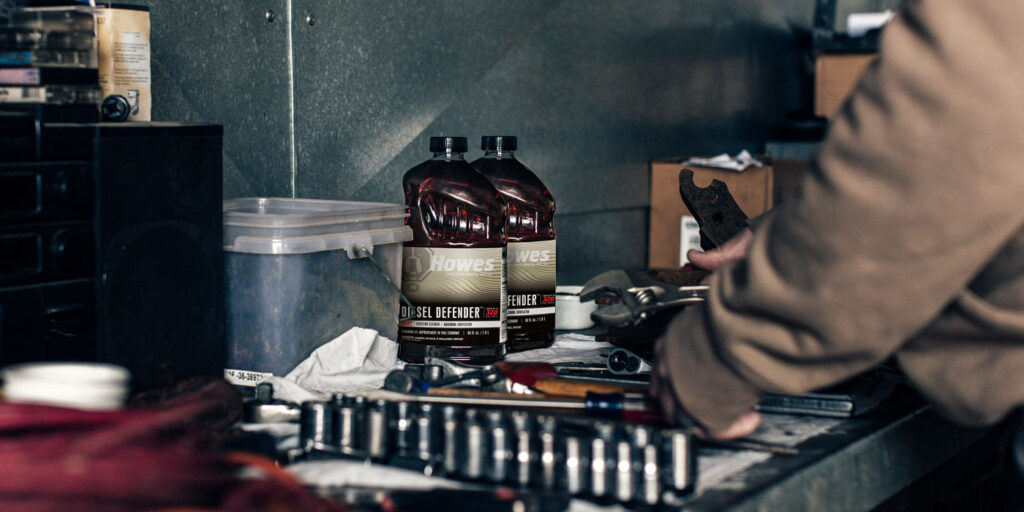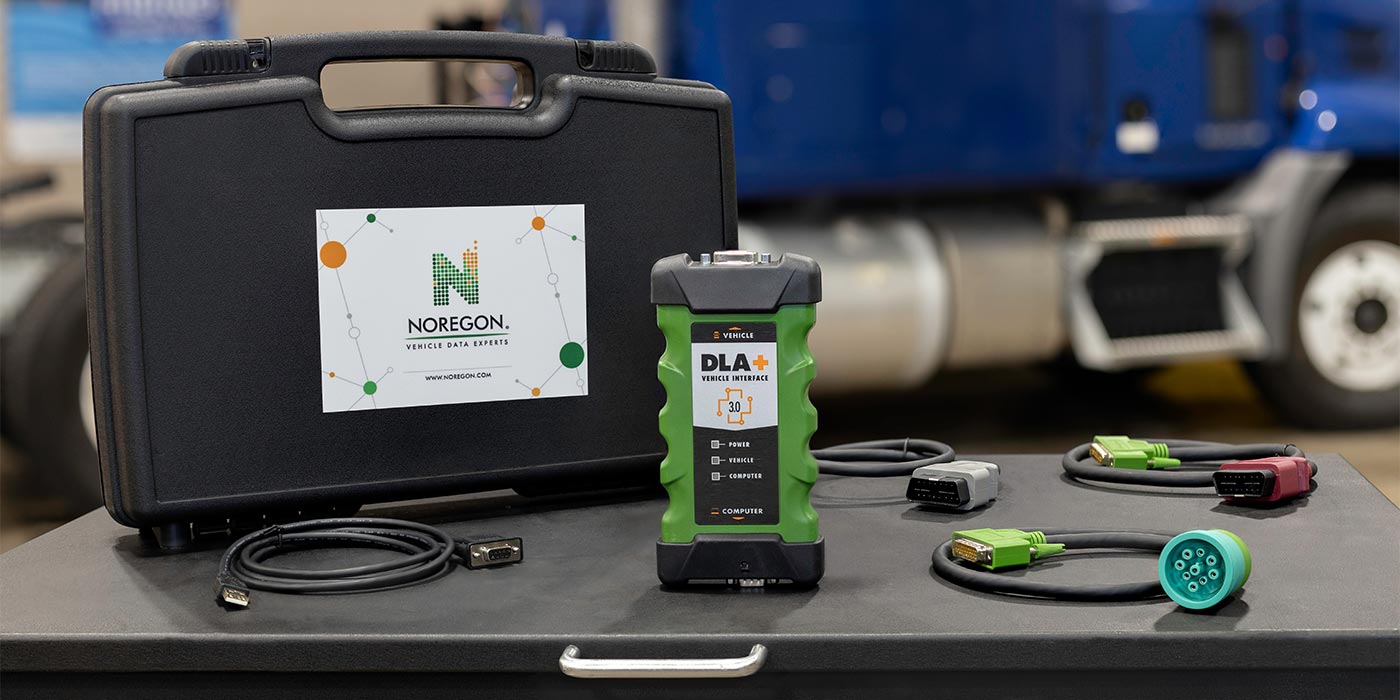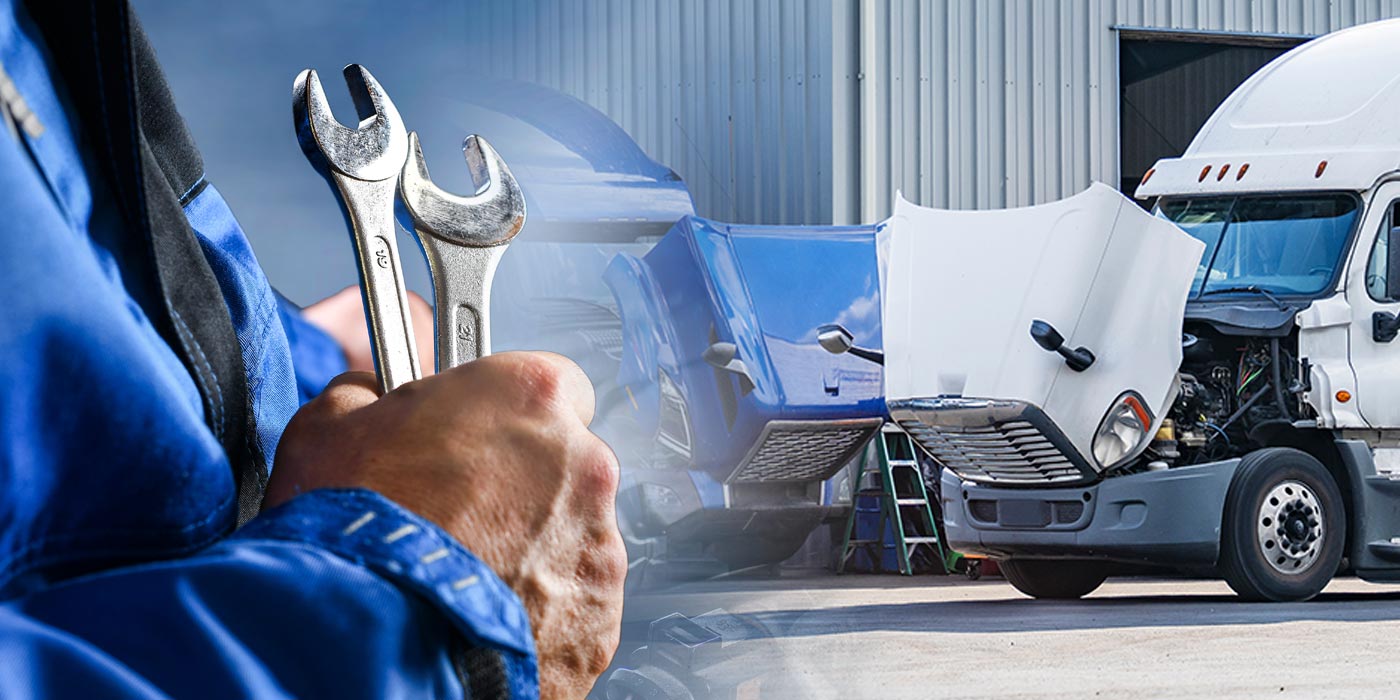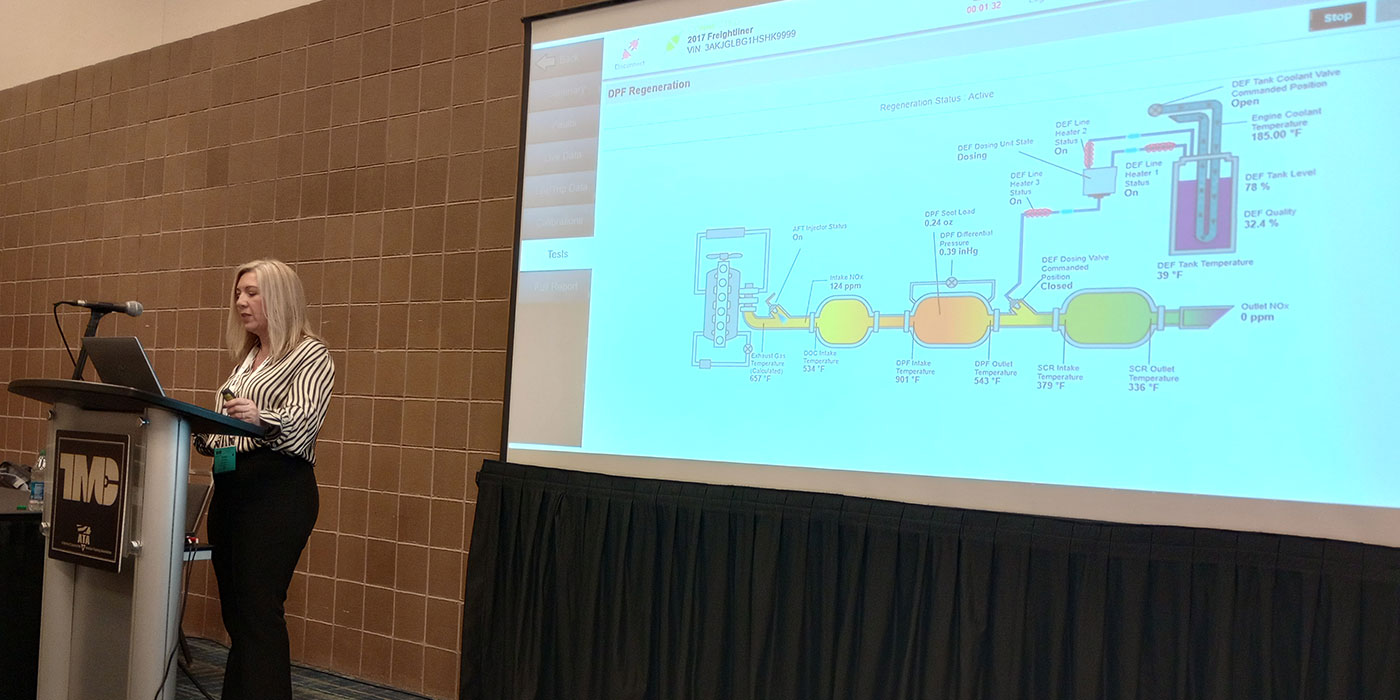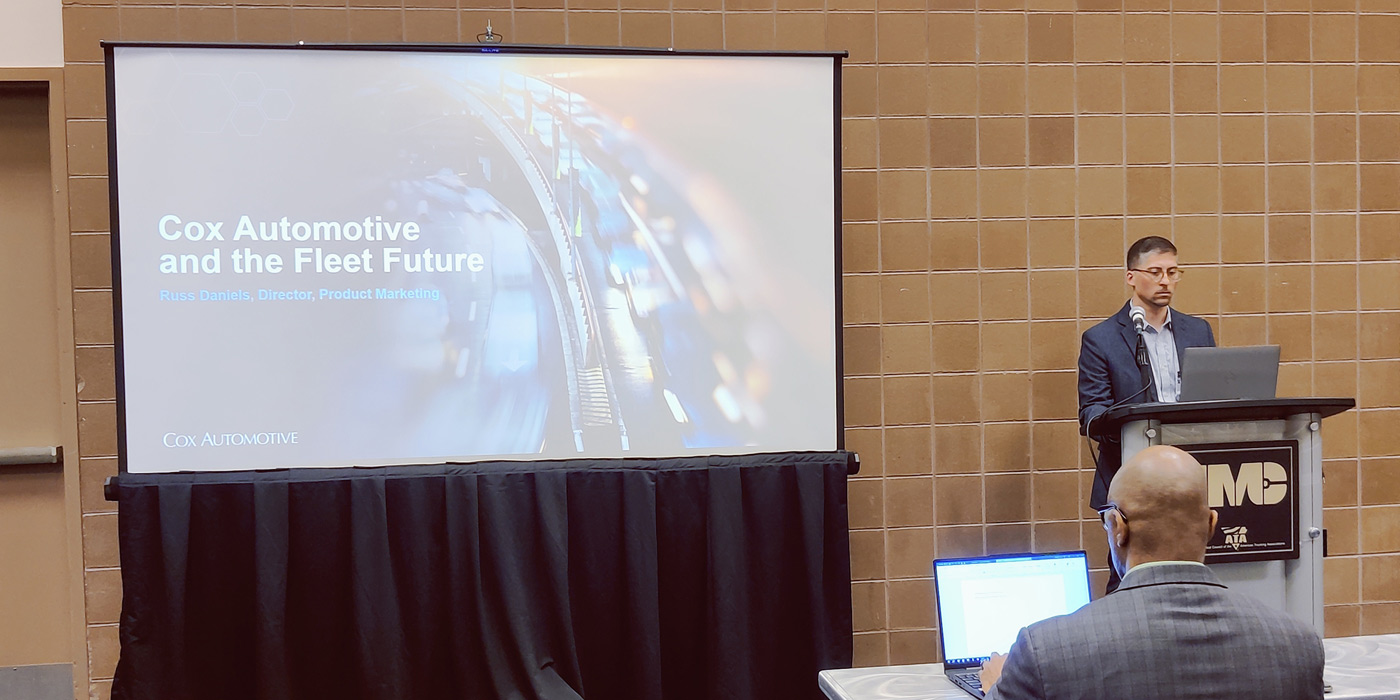Today, the cost of truck maintenance and repairs can easily equate to thousands of dollars. Fleet managers understand that some parts, like belts, hoses, and air filters, just to name a few, are inevitably going to need to be replaced. However, frequent and premature replacement of parts like these could lead to expenses skyrocketing. Likewise, if not properly maintained, the vehicle’s fuel system can both increase annual repair costs while also decreasing fuel economy. That’s bad enough for one vehicle but could become crippling if applied to an entire fleet.
So, what is leading to the premature breakdown of parts like these, and what preventive measures can you and your drivers take to extend the life of your engines?
It is a well-known fact that all diesel fuel sold in the United States is mandated by the Environmental Protection Agency (EPA) to be Ultra Low Sulfur Diesel (ULSD). As far back as 1993, the EPA identified sulfur as one of the main sources of smog-causing air pollutants. This smog can lead to acid rain and is hazardous to our everyday health. As a result, diesel fuel sold in the U.S. must be compliant with these EPA regulations, and must not have a sulfur content greater than 15 parts per million.
Unfortunately, over the years there have been numerous challenges due to ULSD and its inherent shortcomings. Many believe that these significant issues negatively affect vehicles and their performance. One of the biggest challenges with ULSD is that it does not provide adequate lubricity to the fuel system. With sulfur being a natural lubricant in diesel fuel, its desulfurization to meet ULSD requirements leaves engine systems susceptible to the premature failure of fuel pumps and serious wear to injectors.
Another known challenge of ULSD is that its properties and chemical composition can lead to problematic injector deposits in modern engines. These harmful deposits rob vehicles of performance and fuel economy. When deposits form, they reduce the effectiveness of each burst of fuel from the injector. We know that to properly ignite, diesel fuel must be atomized or turned into a very fine mist. Harmful deposits prevent this from happening, resulting in fuel that cannot be ignited. This wasted, unburned fuel is eliminated through the exhaust, potentially costing each of your vehicles precious miles per gallon and increasing the number of regens in newer exhaust systems.
The fact of the matter is that ULSD is the biggest culprit for damaging diesel vehicle fuel systems and decreasing their fuel economy. As such, when not properly treated, using ULSD can lead to expensive repair bills and higher fuel costs. While there is no way to avoid ULSD, one way to avoid these needless expenses is by having drivers use a premium diesel fuel additive that will provide a host of benefits to your truck and your wallet.
By incorporating quality diesel fuel additives into your regular fill-up regimen, you can effectively defend against problems caused by USLD and help protect your entire fleet. Adding vital lubricity back into the fuel will go a long way in defending against the premature wear of injectors, pumps, and upper cylinders. Keeping the injectors clean will allow for an even spray pattern, which will reduce the wasting of unburned fuel. But beware of which additives you choose to use, as some may cause more damage than solutions. For example, you can extend the life of your system by demulsifying, or safely eliminating water, allowing only pure fuel to burn. However, products that contain harmful alcohol and emulsify, or mix the water into the fuel, can be quite abrasive to your system.
This is why it is so important to use premium diesel fuel additives, such as Howes Diesel Defender. One hundred percent petroleum-based and made with no alcohol or harmful solvents, Defender can provide 2.5 times more lubricity than other products. It not only cleans harmful deposits from your system but prevents them from returning as well. It also increases fuel economy by demulsifying water, safely pushing it out of the fuel. When looking for an additive to use, taking the time to check the ingredients and how it works can mean the difference between money spent and money saved.
As we all know, time is money. The added care you put into your vehicles will come back to you in the form of keeping them out of the shop and on the road. Defend against the ever-increasing costs of parts, labor and fuel by using a diesel fuel additive that will help you go the extra mile.
This article was contributed by Erika Howes, vice president of business development at Howes Products.

